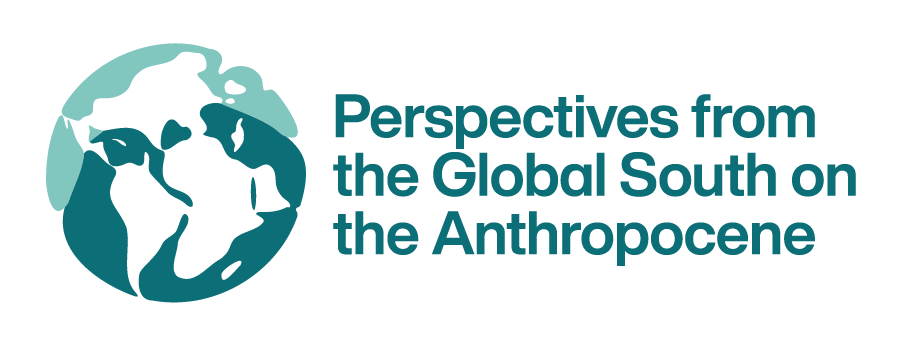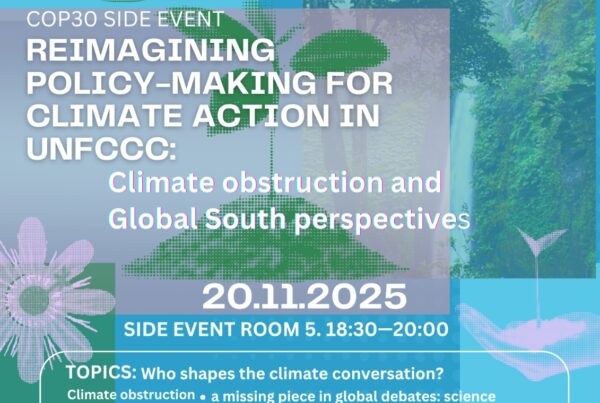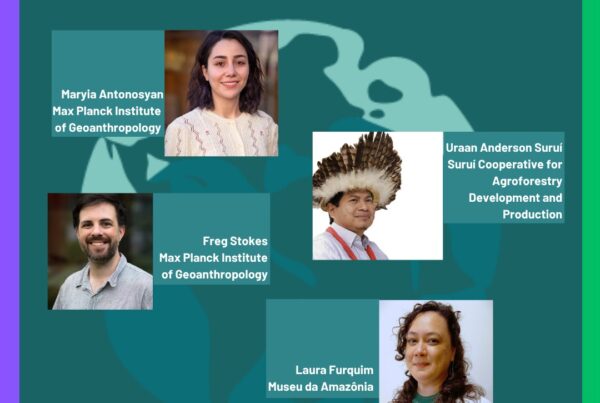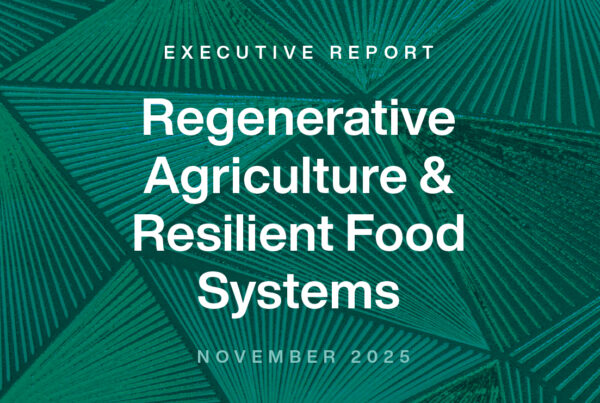The current triple planetary crisis (Figure 1) emphasises an urgent need for more holistic approaches to public policy making. The significance of traditional knowledge systems for addressing Anthropocene crises has been emphasized in recent years, however, these knowledge systems still have a limited platform within major forums such as the Conferences of the Parties (COP) on Climate Change. Indigenous territories and the Global South are disproportionately impacted by Anthropocene crises, and there is growing recognition of the unequal global socioeconomic relationships and land degradation in the 21st century shaped by centuries of European invasion and colonisation. Our perspective piece addressing these issues has been published in the Frontiers in Earth Science Research Topic ‘Advancing Climate Action: Insights from COP28 and COP 29’. The article is available online here.
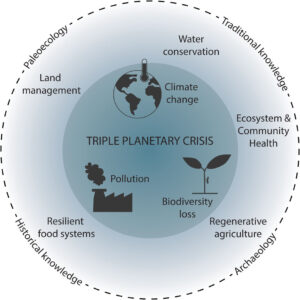
Figure 1: Schematic representation of the Triple Planetary Crisis (inner circle); connections to COP28 declarations and outcomes (middle circle); and suggested integration of key perspectives in policy making through the lenses of Paleoecology, Archaeology and Traditional and Historical knowledge (outer circle).
Research in palaeoecology, archaeology and history demonstrates the long-term significance of traditional knowledge and Indigenous land management practices for contemporary ecosystem dynamics. With three case studies, we draw attention to the links between critical challenges in the 21st century Anthropocene and deeper time human-environment interactions. These case studies explore traditional pastoralism, land management and biodiversity conservation in eastern Africa; water management, agroforestry and socio-political resilience in Greater Angkor, Cambodia; and sea level change and human adaptations to relocation in the Small Island Developing States (SIDS) of the Caribbean. These case studies highlight the importance of diverse perspectives in current and future climate challenges.
Further information on the case studies can be found here: Pastoralism in eastern Africa. Small Island Developing States (SIDS).
Article citation:
ECHOES, Zuccarelli Freire, V., Ziegler, M.J., Caetano-Andrade, V., Iminjili, V., Lellau, R., Stokes, F., Rudd, R.C., Heberle Viegas, D., Maezumi, S.Y., Jha, G., Antonosyan, M., Jha, D.K., Winkelmann, R., Roberts, P. and Furquim, L. (2024). Addressing the Anthropocene from the Global South: integrating paleoecology, archaeology and traditional knowledge for COP engagement, Front. Earth Sci., https://doi.org/10.3389/feart.2024.1470577
